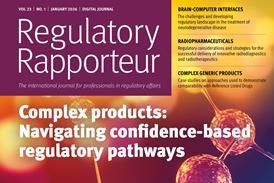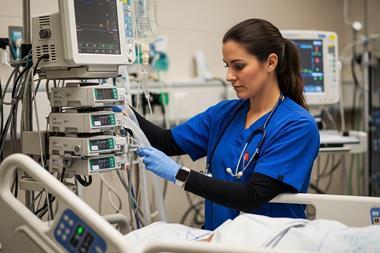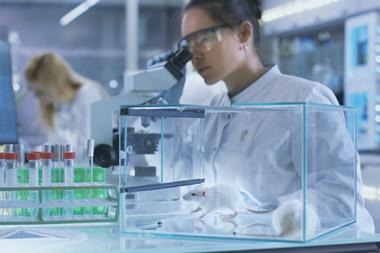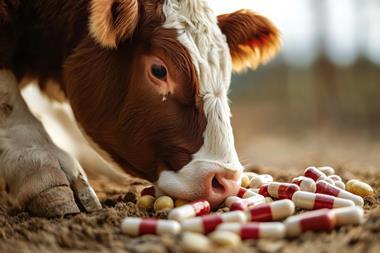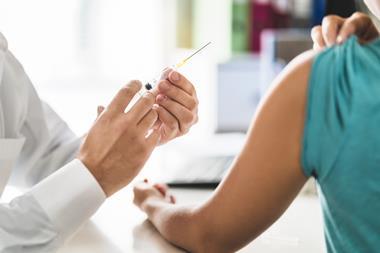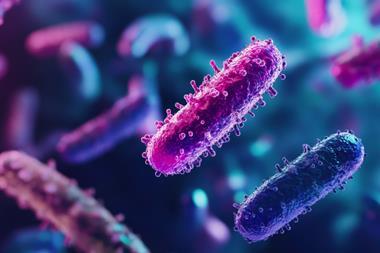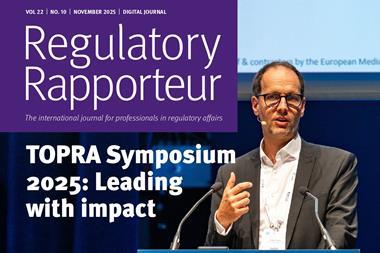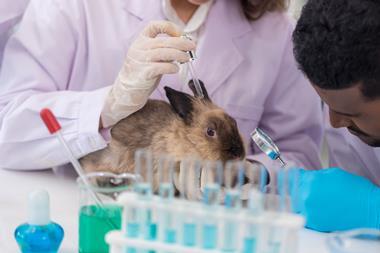
Unchecked antimicrobial resistance (AMR) could make the COVID-19 pandemic ‘look minor’ warns Professor Dame Sally Davies, Chief Medical Adviser to the UK government between 2011 and 2019, in an interview with The Guardian.
If the world sees worsening AMR, everyday operations such as caesarean sections and organ transplants, or commonplace treatments such as chemotherapy would become high risk due to the reduced efficacy of currently known antibiotics.
“A lot of people [will have] untreatable infections, and we would have to isolate people who were untreatable in order not to infect their families and communities. So, it’s a really disastrous picture. It would make some of COVID-19 look minor,” Davies added.
According to the World Health Organization (WHO), AMR is one of the biggest threats to global health and is already directly attributable to 4.5 million deaths per year. Davies, who now works as the UK government’s Special Envoy on AMR, urges that progress needs to be made in the next 10 years.
“If you don’t have appropriate, careful use [of antibiotics], you’re risking it really getting out of control,” said Davies.
Data collected from across 183 National Health Service hospitals between 2022-2023 showed that, out of 125,095 procedures, there were 1,122 surgical site infections detected during the inpatient’s hospital stay or requiring readmission.
At the start of May, the UK government announced its AMR National Action Plan for 2024 to 2029. It included commitments to strengthen surveillance of drug resistant infections, restrict unnecessary use of antimicrobials in humans and animals, and measures to incentivise industry in developing a new generation of antibiotic treatments.
In April, a European multi-agency study was published that showed how countries which had cut antibiotics use in both humans and animals had recorded lower levels of AMR.
At a global scale, the United Nations Global Leaders Group on AMR will hold a summit on the issue this coming September. By 2030, it aims to have reduced global human deaths from AMR by 10% and cut antimicrobial use in agriculture by at least 30%.
Further reading
Rise of drug-resistant superbugs could make COVID-19 pandemic look ‘minor’, expert warns.
WHO updates list of drug-resistant bacteria most threatening to human health.
Surveillance of surgical site infections in NHS hospitals in England.
Cutting antibiotic usage reduces resistance levels.


